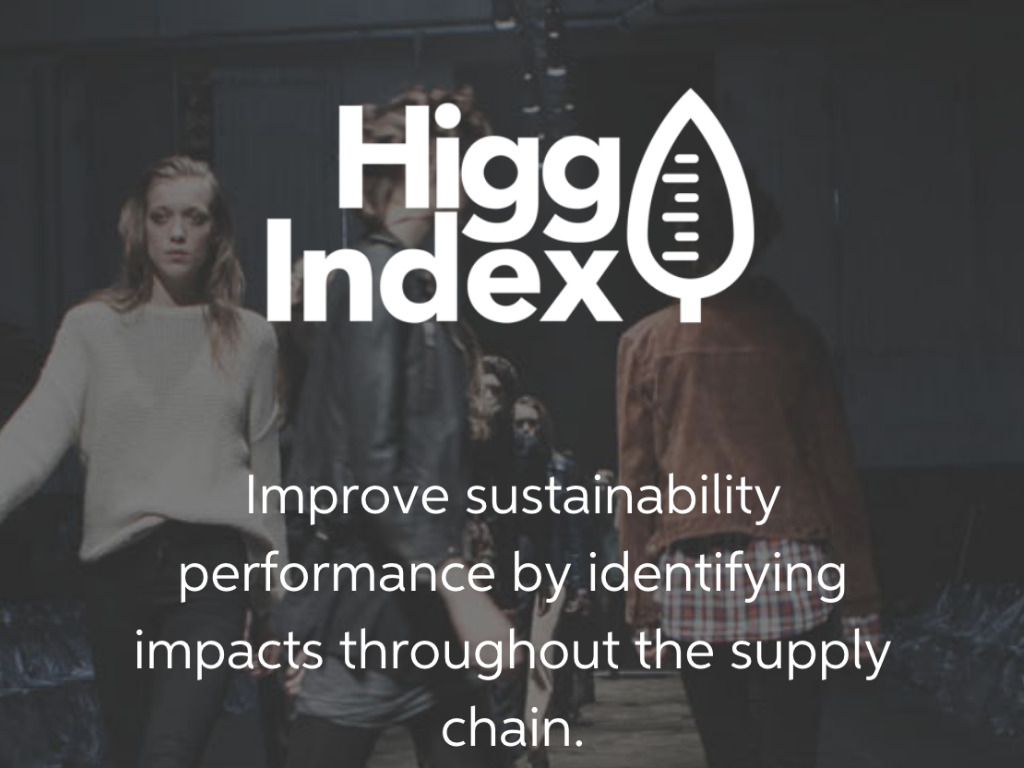With Greenwashing Crackdowns, H&M, Decathlon Retract Eco Statements
3 Mins Read
As authorities crack down on greenwashing, frequent offenders H&M and Decathlon say they’re adjusting or removing sustainability claims.
In recent announcements, both fast fashion brand H&M and sportswear retailer Decathlon said they will be more clear in their consumer communications about sustainability metrics. The announcements follow a report by the Netherlands Authority for Consumers and Markets (ACM), which found the companies made “unclear and insufficiently substantiated sustainability claims.”
“Consumers that wish to make sustainable choices must be able to have confidence in the veracity of the claims that businesses make on their products or websites,” Cateautje Hijmans van den Bergh, board member of ACM, said in the report’s release.
Misleading claims
According to the report, both retailers touted terms such as ‘Ecodesign’ and ‘Conscious’ without backing up those claims.

In June, the Norwegian Consumer Agency pointed to H&M and Norrøna, saying that the companies’ use of the Higg Index was insufficient to support their environmental claims.
That tool, which was created by the Sustainable Apparel Coalition (SAC), provides a standardized measurement for the environmental impacts on a range of textiles but it only measures the fabric before it is finished. That “measurement” is based on impact averages. The Norwegian Consumer Agency (Forbrukertilsynet) went as far as to say it believed Norrøna was “breaking the law” with its misleading claims.
The Norwegian Consumer Agency said Norrøna used the Higgs Index to make claims about organic cotton used in its t-shirts having a smaller environmental impact, but had not provided any evidence to back up the claim.
“We have concluded that the use of Higg MSI in marketing to consumers is misleading in this case, and thus illegal. We asked Norrøna to remove or change the marketing of environmental benefits based on Higg MSI,” the agency said.
Higg responds
SAC says it put the brakes on its consumer-facing transparency program following the backlash over the misuse of its data and the misleading brand claims.

“When the clothing industry and others use environmental claims in marketing, it is important that the environmental claims are correct,” Trond Rønningen, director of the Norwegian Consumer Agency, said. “It is a basic principle that marketing should be truthful and give the most balanced and precise impression of any environmental benefits. If not, consumers risk making purchasing choices on the wrong basis.”
Following the latest claims from the Netherlands Authority for Consumers and Markets, H&M told Fashion United that it has made the decision to remove H&M’s “Conscious Choice” indicator from its online shop worldwide. “This work is in progress and will be finalised by the end of October.”
“We are pleased to see that these companies have acknowledged that they should have informed consumers more clearly about the sustainability aspects of their products, and that they will adjust various sustainability claims and their substantiation,” van den Bergh said.



